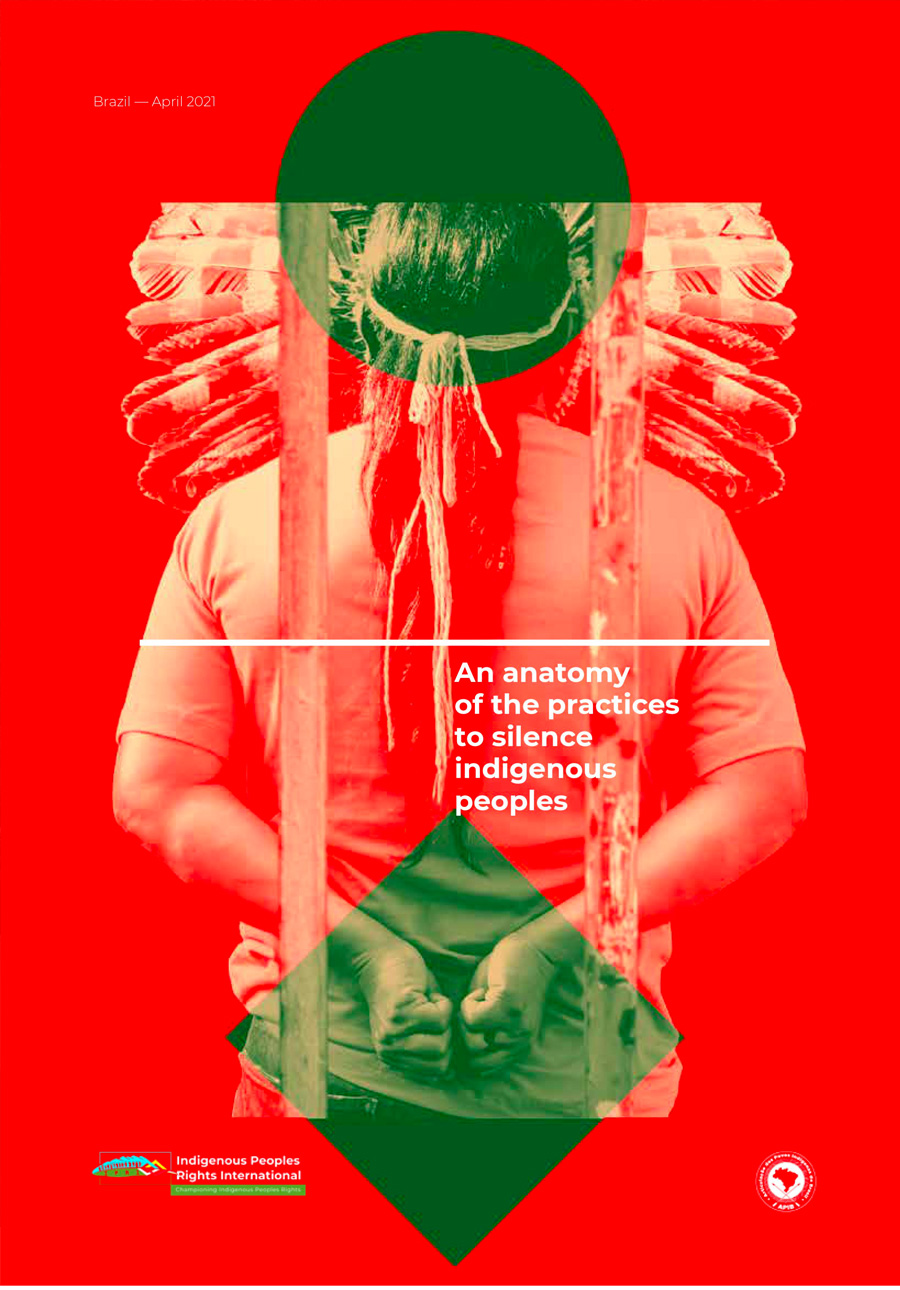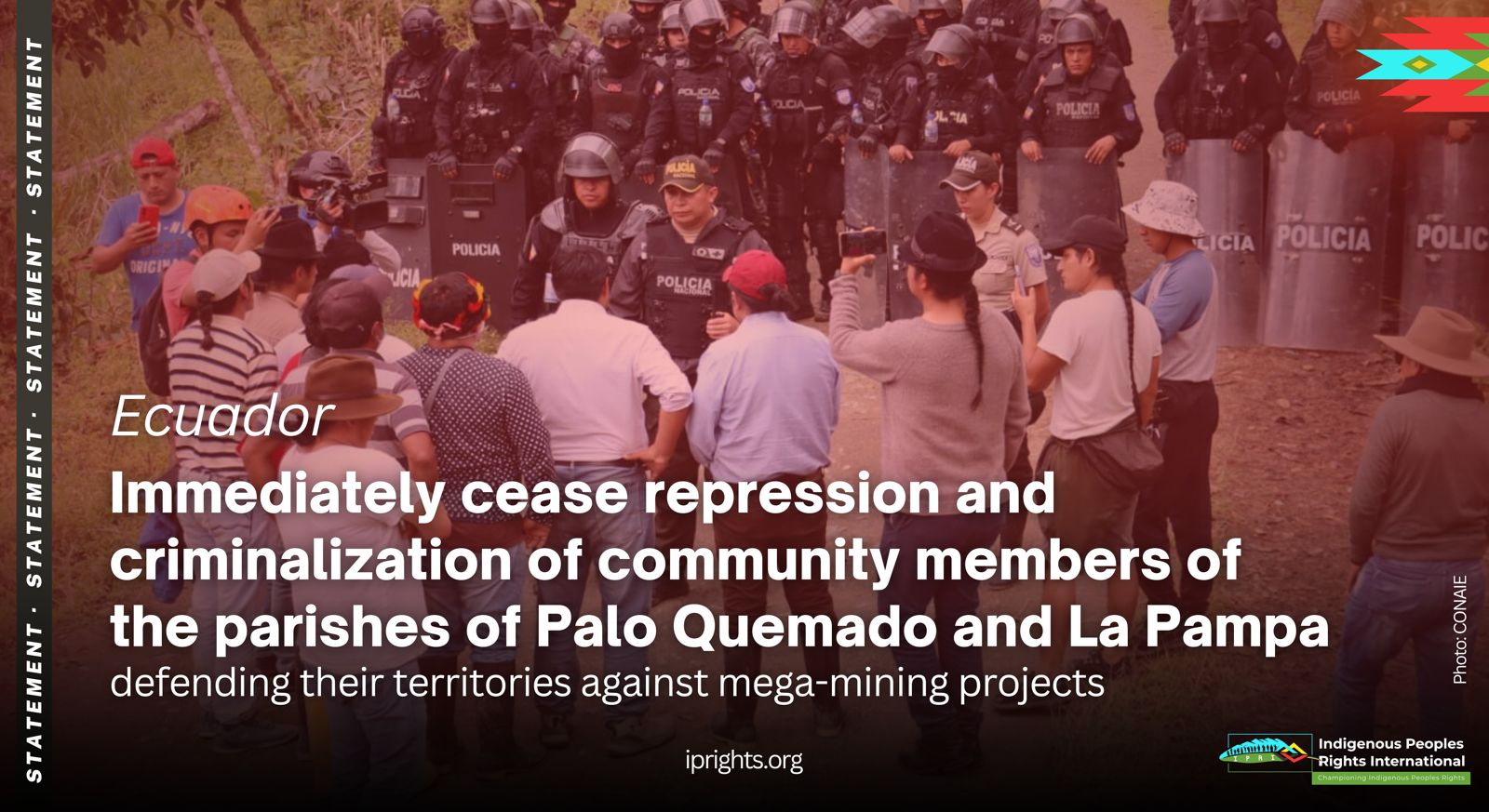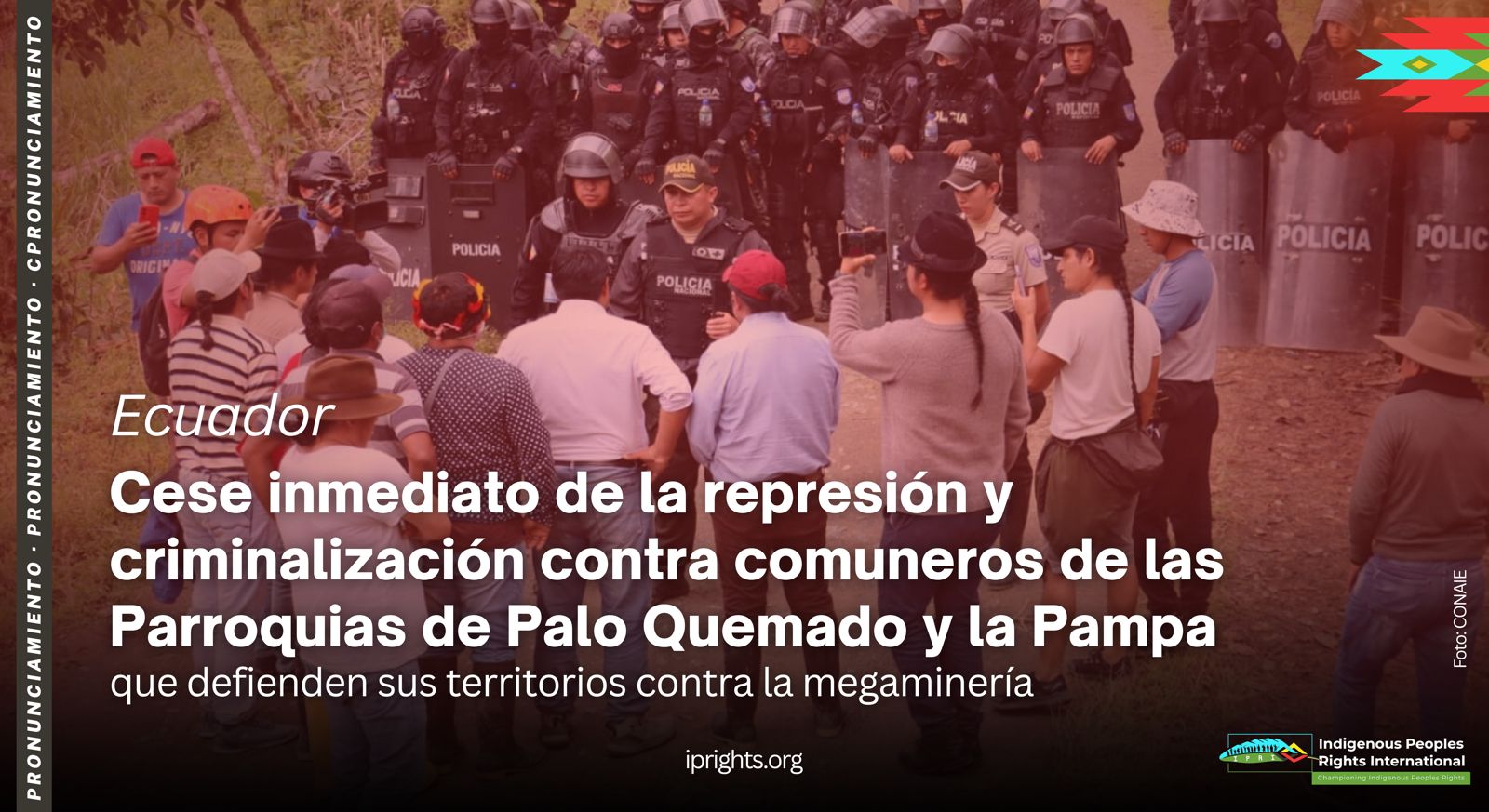This report is produced by the Indigenous Peoples' Rights International (IPRI), in partnership with the Articulaçao dos Povos Indígenas no Brasil (APIB). It is part of the partnership of these two organizations in advancing the global initiative to address and prevent criminalization and impunity against Indigenous Peoples.
IPRI is an international organization that seeks to unite and amplify indigenous voices to fight criminalization of, violence and impunity against Indigenous Peoples worldwide. It is led by Indigenous Peoples themselves and works in all regions but with current priority programs in six countries – Brazil, Colombia, Mexico, India, Philippines, and the Democratic Republic of Congo.
APIB is an organization of associations and national representatives of the indigenous movement in Brazil, created in 2005 during the annual mobilization in Brasilia known as Campamento Terra Livre (Acampamento Terra Livre, ATL). It brings together local and regional indigenous organizations towards strengthening indigenous unity, unification of the struggles of Indigenous Peoples and the mobilization of Indigenous Peoples and organizations against threats and aggressions.
This report is the result of the documentation and monitoring of the criminalization of Indigenous Peoples in Brazil, to encourage actions that can prevent further criminalization and protect indigenous leaders who are in this situation.
Brazil has consistently ranked high in the list of the world’s worst countries for environment rights defenders that includes Indigenous Peoples. The report traces the pattern of criminalization and harassment, in the Brazilian context, that has the objective of silencing and preventing Indigenous Peoples from defending their collective rights to land, territories and resources. It highlights the cases of ten (10) indigenous leaders who have been constant victims of criminalization and harassment, to deepen the understanding of specific, complex, and worrying cases of criminalization and harassment of indigenous leaders that result to alarming adverse and profound impacts on the individual, family, and the community.
Towards the end, the report enumerates effective actions and recommendations to ensure the protection of Indigenous Peoples, their families, and their communities. In this sense, the report underscores the causes and intensity of the violence and violations of the rights of Indigenous Peoples including their right to self-determination. At the same time, it identifies a framework of responses and possibilities for joint action with victims, their families, communities, and distinct peoples.





